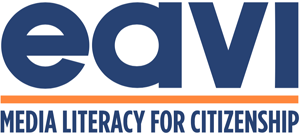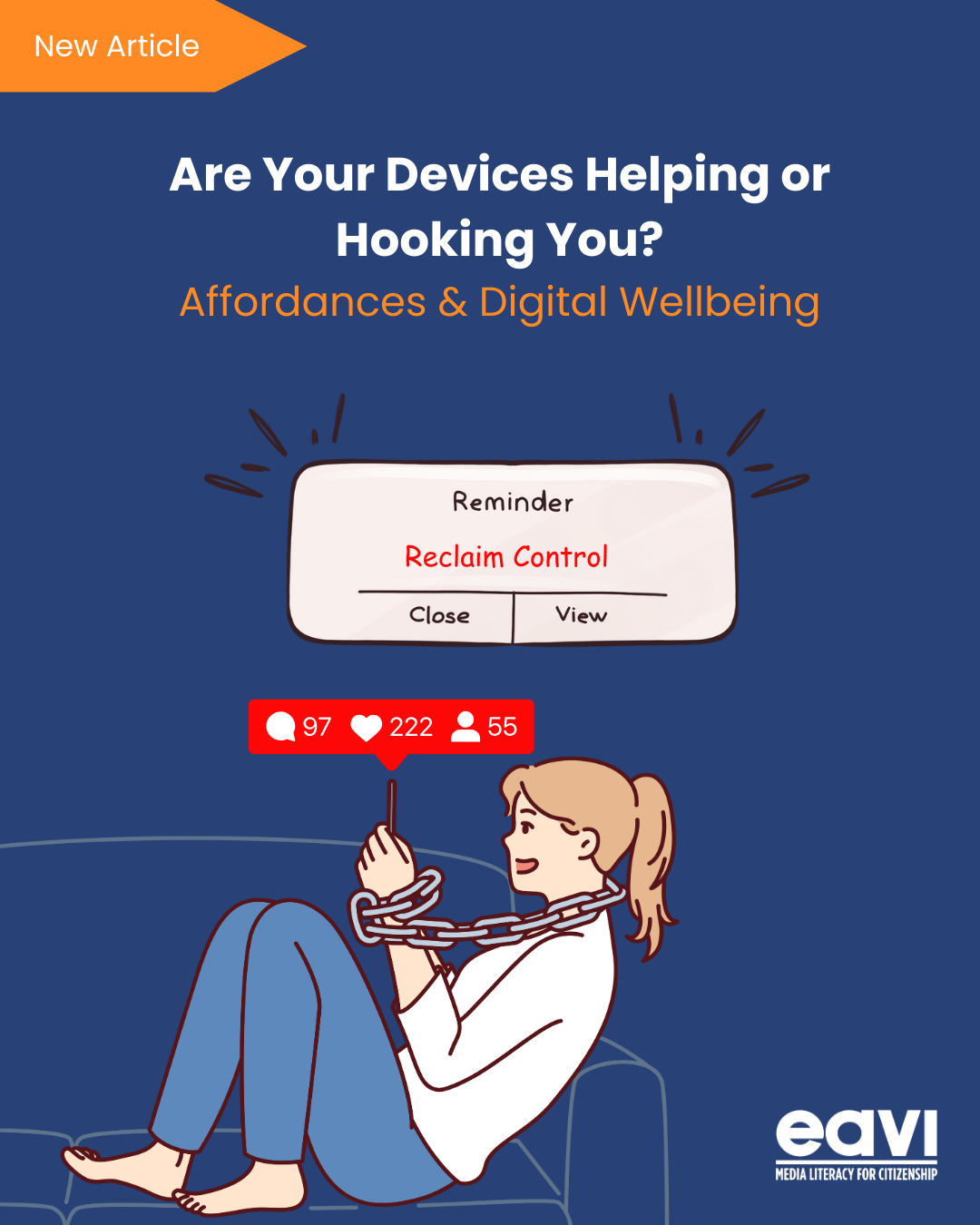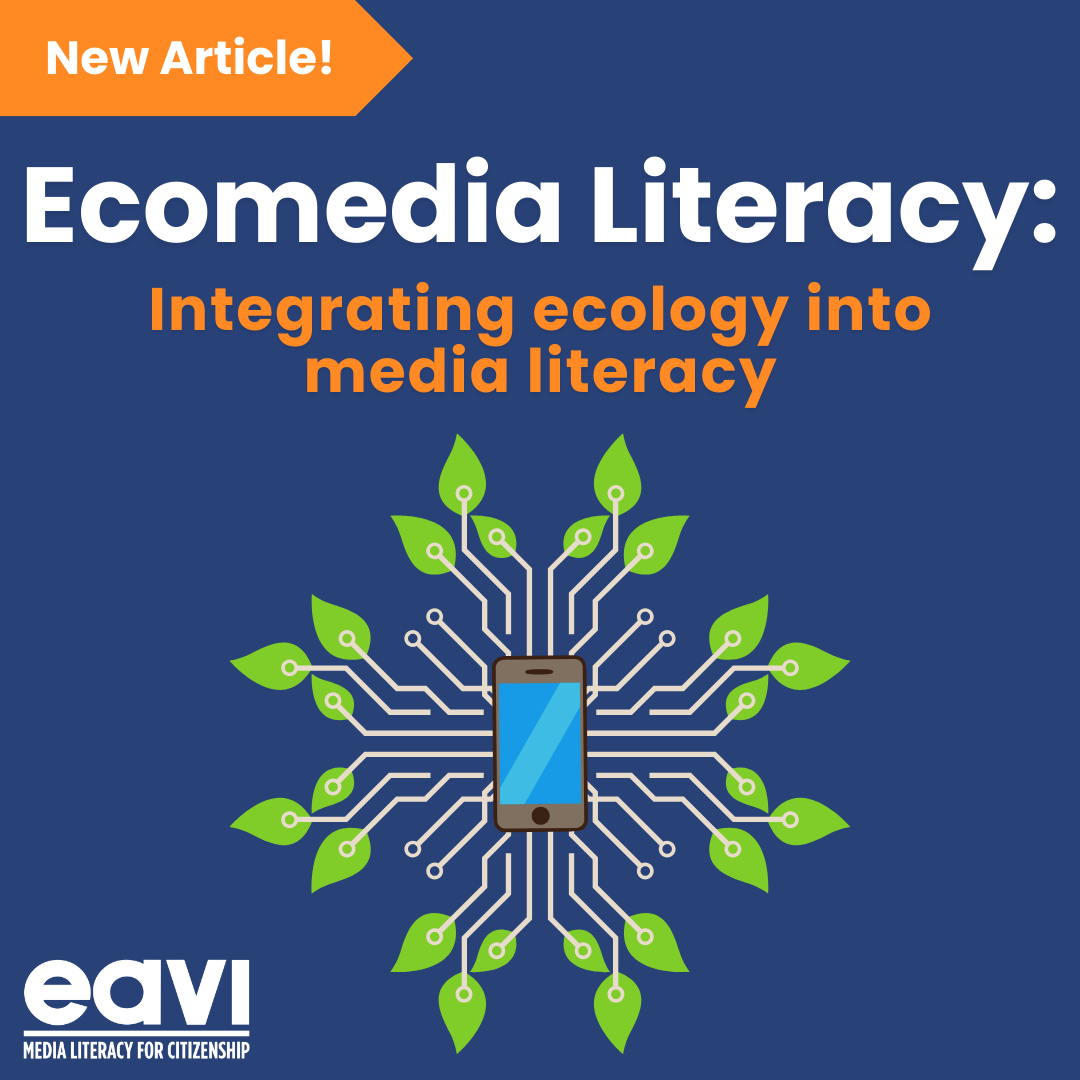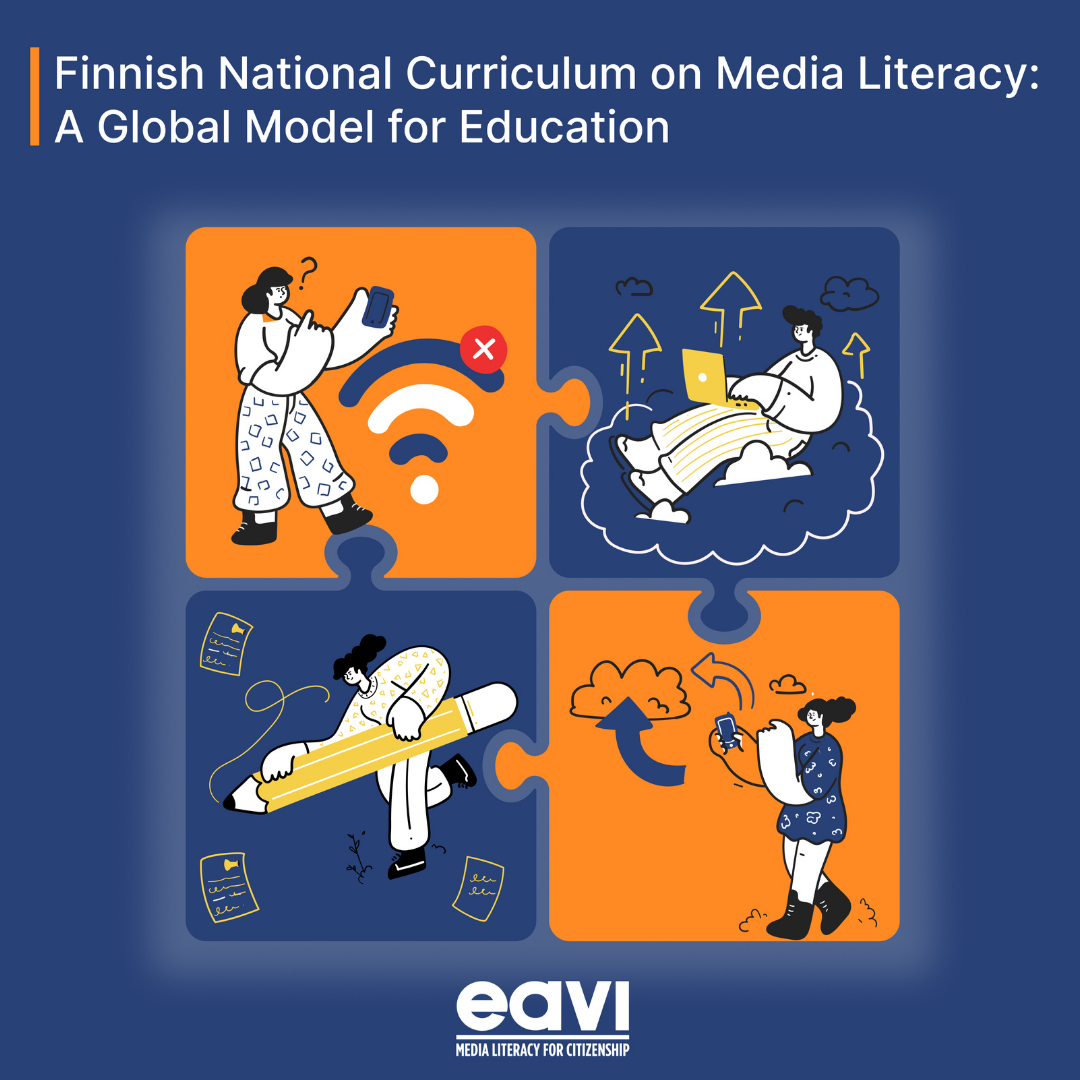If the news is to be believed, Covid-19 is closing in on Europe.
And the trouble is, I can’t decide how to feel about it. I’ve done the maths, myself and everyone I know will probably survive. So I’m not immediately afraid of the virus.
To be honest, I’m watching the news right now as though it’s the introduction to a post-apocalyptic motive. After the compelling viewing that was the Brexit drama, I needed a new fix to feed my news-junkie habit, and here it came. 84-year old man with existing health complications dies of the Coronavirus, bringing the death toll to 9. Let’s talk to Doug who’s outside St Thomas Hospital now. Doug, tell us what happened.
Yes, Doug. Tell us what happened.
I have watched this and found it a little bit exciting.
Like any junkie, I have hit my rock bottom, and this is it.
God, I hope this is it.
However. It has led to a crisis not just of habit, but of something slightly more profound.
The trouble is the lens through which I view the world. That lens is, in fact, a screen. Along with much of the rest of the civilised world, I have watched press conferences and rolling news coverage, an endless queue of talking heads commenting on the virus, its impact on daily life, industry, economy and pets. A stream of politicians and experts, which ordinarily would be a comforting combination, because what is the ideal except politicians informed by expertise in full, transparent view on the news?
Recent experience has taught me better.
There is a possibility that they might be acting in my best interests this time.
But they haven’t been acting in my best interests for a while now. In the UK, expertise is cherry picked or dismissed. Politicians are grubby, self-serving and shortsighted. And the media is a self-perpetuating beast, creating stories to fill 24 hours of channel after channel to keep addicts like me hooked.
The problem is that that holy trinity of estates has betrayed my trust.
I think back to the Cambridge Analytica playbook. Not only was disinformation intended to make us believe the lie, it was intended to make us mistrust the truth. I might have sneered at the gullible citizens who fell for it, but it seems to have worked on me, too.
Because now, I don’t just mistrust the truth, it’s been so long I don’t recognise it anymore.
I don’t know whether to be scared or not. I don’t know whether or not to buy children’s paracetamol and enough chocolate and cat litter to see my family through a shutdown. I don’t know whether I think there should be a shutdown at all.
I just know I don’t feel safe, and I haven’t felt safe in a while. I don’t trust the people in power, I don’t trust the carefully-chosen experts, and I don’t trust the media to fairly represent the views of experts. The Establishment I should be able to rely on has not spoken with authority for so long that I don’t trust that it is now.
I am media literate, and I still don’t know what to believe. I am as subject to the tricks and manipulations of the media as everyone else. Tell a lie often enough, and everyone will think it’s true, even if they know better. And because I know that, I have begun to distrust myself as well. I use the usual tricks, I watch the press conferences, not the media interpretation of what was said, I research the experts and find out who’s paying them, I check dates, sources and images on articles, I go to national statistics to find out the context of 100,000 additional deaths, I watch the first hand footage of Italy and listen to the doctors on the ground.
All of the usual media literacy checks, I am going through in overdrive, and I am still paralysed with confusion.
In the UK, we have taken a relaxed position towards the virus. At the time of writing, schools remain open, public gatherings are still going ahead, and old people shouldn’t go on cruises. We’re not even monitoring the spread of the virus. Meanwhile, other countries in Europe have shut down nearly every aspect of public life and monitor every suspected case. I don’t know which is the right response.
The problem is one of significance. I can’t tell what’s significant and what isn’t, when it’s all presented to me as equally important. An 86-year old man with pre-existing health conditions has died in London. Should that frighten me? Should I be sealing my windows shut with duct tape? Or should I put it into perspective, and remember that he was not the only old man in poor health to have died in London today? Is this the beginning or the end of something awful?
I know just enough to know that I know nothing. And so I trust nothing.
This is the post-truth world.
And this is why media literacy matters.
Because this time they might be telling the truth, and it might be as bad as I fear. In which case we need leaders, experts and a media we can trust. I shouldn’t have a sceptical voice in the back of my head, reminding me that crisis forces obedience, that a population on lockdown is the very definition of a captive audience, and that truth is now decided on a balance of convenience and audience share.
Corona is changing the world. It is showing how fragile and unjust many of our systems are. It is said that every generation has to sacrifice Christ all over again, and I am hopeful that this will do the job, that this will shake us out of our complacency.
So this could go either way. Our collective trauma could result in further complacency, but I don’t think it will. I think now we have the opportunity to demand better from our leaders, our experts and our media, now we have the opportunity to become informed, engaged and equipped.
Now is the time, and we have the time.
Not very far away from now, we will wake up in a different world. Whether it will be a better world or not, and whether that change is immediately obvious or not, it will be different.
Although I hope for gradual and better, a small part of me will be thrilled if it’s immediately obvious and bad. I crave the drama. I can’t help it. I’m sorry.
However, and in the meantime, I will wait, and I will watch.
Written by: Naomi Thompson
If the news is to be believed, Covid-19 is closing in on Europe.
And the trouble is, I can’t decide how to feel about it. I’ve done the maths, myself and everyone I know will probably survive. So I’m not immediately afraid of the virus.
To be honest, I’m watching the news right now as though it’s the introduction to a post-apocalyptic motive. After the compelling viewing that was the Brexit drama, I needed a new fix to feed my news-junkie habit, and here it came. 84-year old man with existing health complications dies of the Coronavirus, bringing the death toll to 9. Let’s talk to Doug who’s outside St Thomas Hospital now. Doug, tell us what happened.
Yes, Doug. Tell us what happened.
I have watched this and found it a little bit exciting.
Like any junkie, I have hit my rock bottom, and this is it.
God, I hope this is it.
However. It has led to a crisis not just of habit, but of something slightly more profound.
The trouble is the lens through which I view the world. That lens is, in fact, a screen. Along with much of the rest of the civilised world, I have watched press conferences and rolling news coverage, an endless queue of talking heads commenting on the virus, its impact on daily life, industry, economy and pets. A stream of politicians and experts, which ordinarily would be a comforting combination, because what is the ideal except politicians informed by expertise in full, transparent view on the news?
Recent experience has taught me better.
There is a possibility that they might be acting in my best interests this time.
But they haven’t been acting in my best interests for a while now. In the UK, expertise is cherry picked or dismissed. Politicians are grubby, self-serving and shortsighted. And the media is a self-perpetuating beast, creating stories to fill 24 hours of channel after channel to keep addicts like me hooked.
The problem is that that holy trinity of estates has betrayed my trust.
I think back to the Cambridge Analytica playbook. Not only was disinformation intended to make us believe the lie, it was intended to make us mistrust the truth. I might have sneered at the gullible citizens who fell for it, but it seems to have worked on me, too.
Because now, I don’t just mistrust the truth, it’s been so long I don’t recognise it anymore.
I don’t know whether to be scared or not. I don’t know whether or not to buy children’s paracetamol and enough chocolate and cat litter to see my family through a shutdown. I don’t know whether I think there should be a shutdown at all.
I just know I don’t feel safe, and I haven’t felt safe in a while. I don’t trust the people in power, I don’t trust the carefully-chosen experts, and I don’t trust the media to fairly represent the views of experts. The Establishment I should be able to rely on has not spoken with authority for so long that I don’t trust that it is now.
I am media literate, and I still don’t know what to believe. I am as subject to the tricks and manipulations of the media as everyone else. Tell a lie often enough, and everyone will think it’s true, even if they know better. And because I know that, I have begun to distrust myself as well. I use the usual tricks, I watch the press conferences, not the media interpretation of what was said, I research the experts and find out who’s paying them, I check dates, sources and images on articles, I go to national statistics to find out the context of 100,000 additional deaths, I watch the first hand footage of Italy and listen to the doctors on the ground.
All of the usual media literacy checks, I am going through in overdrive, and I am still paralysed with confusion.
In the UK, we have taken a relaxed position towards the virus. At the time of writing, schools remain open, public gatherings are still going ahead, and old people shouldn’t go on cruises. We’re not even monitoring the spread of the virus. Meanwhile, other countries in Europe have shut down nearly every aspect of public life and monitor every suspected case. I don’t know which is the right response.
The problem is one of significance. I can’t tell what’s significant and what isn’t, when it’s all presented to me as equally important. An 86-year old man with pre-existing health conditions has died in London. Should that frighten me? Should I be sealing my windows shut with duct tape? Or should I put it into perspective, and remember that he was not the only old man in poor health to have died in London today? Is this the beginning or the end of something awful?
I know just enough to know that I know nothing. And so I trust nothing.
This is the post-truth world.
And this is why media literacy matters.
Because this time they might be telling the truth, and it might be as bad as I fear. In which case we need leaders, experts and a media we can trust. I shouldn’t have a sceptical voice in the back of my head, reminding me that crisis forces obedience, that a population on lockdown is the very definition of a captive audience, and that truth is now decided on a balance of convenience and audience share.
Corona is changing the world. It is showing how fragile and unjust many of our systems are. It is said that every generation has to sacrifice Christ all over again, and I am hopeful that this will do the job, that this will shake us out of our complacency.
So this could go either way. Our collective trauma could result in further complacency, but I don’t think it will. I think now we have the opportunity to demand better from our leaders, our experts and our media, now we have the opportunity to become informed, engaged and equipped.
Now is the time, and we have the time.
Not very far away from now, we will wake up in a different world. Whether it will be a better world or not, and whether that change is immediately obvious or not, it will be different.
Although I hope for gradual and better, a small part of me will be thrilled if it’s immediately obvious and bad. I crave the drama. I can’t help it. I’m sorry.
However, and in the meantime, I will wait, and I will watch.
Written by: Naomi Thompson
If the news is to be believed, Covid-19 is closing in on Europe.
And the trouble is, I can’t decide how to feel about it. I’ve done the maths, myself and everyone I know will probably survive. So I’m not immediately afraid of the virus.
To be honest, I’m watching the news right now as though it’s the introduction to a post-apocalyptic motive. After the compelling viewing that was the Brexit drama, I needed a new fix to feed my news-junkie habit, and here it came. 84-year old man with existing health complications dies of the Coronavirus, bringing the death toll to 9. Let’s talk to Doug who’s outside St Thomas Hospital now. Doug, tell us what happened.
Yes, Doug. Tell us what happened.
I have watched this and found it a little bit exciting.
Like any junkie, I have hit my rock bottom, and this is it.
God, I hope this is it.
However. It has led to a crisis not just of habit, but of something slightly more profound.
The trouble is the lens through which I view the world. That lens is, in fact, a screen. Along with much of the rest of the civilised world, I have watched press conferences and rolling news coverage, an endless queue of talking heads commenting on the virus, its impact on daily life, industry, economy and pets. A stream of politicians and experts, which ordinarily would be a comforting combination, because what is the ideal except politicians informed by expertise in full, transparent view on the news?
Recent experience has taught me better.
There is a possibility that they might be acting in my best interests this time.
But they haven’t been acting in my best interests for a while now. In the UK, expertise is cherry picked or dismissed. Politicians are grubby, self-serving and shortsighted. And the media is a self-perpetuating beast, creating stories to fill 24 hours of channel after channel to keep addicts like me hooked.
The problem is that that holy trinity of estates has betrayed my trust.
I think back to the Cambridge Analytica playbook. Not only was disinformation intended to make us believe the lie, it was intended to make us mistrust the truth. I might have sneered at the gullible citizens who fell for it, but it seems to have worked on me, too.
Because now, I don’t just mistrust the truth, it’s been so long I don’t recognise it anymore.
I don’t know whether to be scared or not. I don’t know whether or not to buy children’s paracetamol and enough chocolate and cat litter to see my family through a shutdown. I don’t know whether I think there should be a shutdown at all.
I just know I don’t feel safe, and I haven’t felt safe in a while. I don’t trust the people in power, I don’t trust the carefully-chosen experts, and I don’t trust the media to fairly represent the views of experts. The Establishment I should be able to rely on has not spoken with authority for so long that I don’t trust that it is now.
I am media literate, and I still don’t know what to believe. I am as subject to the tricks and manipulations of the media as everyone else. Tell a lie often enough, and everyone will think it’s true, even if they know better. And because I know that, I have begun to distrust myself as well. I use the usual tricks, I watch the press conferences, not the media interpretation of what was said, I research the experts and find out who’s paying them, I check dates, sources and images on articles, I go to national statistics to find out the context of 100,000 additional deaths, I watch the first hand footage of Italy and listen to the doctors on the ground.
All of the usual media literacy checks, I am going through in overdrive, and I am still paralysed with confusion.
In the UK, we have taken a relaxed position towards the virus. At the time of writing, schools remain open, public gatherings are still going ahead, and old people shouldn’t go on cruises. We’re not even monitoring the spread of the virus. Meanwhile, other countries in Europe have shut down nearly every aspect of public life and monitor every suspected case. I don’t know which is the right response.
The problem is one of significance. I can’t tell what’s significant and what isn’t, when it’s all presented to me as equally important. An 86-year old man with pre-existing health conditions has died in London. Should that frighten me? Should I be sealing my windows shut with duct tape? Or should I put it into perspective, and remember that he was not the only old man in poor health to have died in London today? Is this the beginning or the end of something awful?
I know just enough to know that I know nothing. And so I trust nothing.
This is the post-truth world.
And this is why media literacy matters.
Because this time they might be telling the truth, and it might be as bad as I fear. In which case we need leaders, experts and a media we can trust. I shouldn’t have a sceptical voice in the back of my head, reminding me that crisis forces obedience, that a population on lockdown is the very definition of a captive audience, and that truth is now decided on a balance of convenience and audience share.
Corona is changing the world. It is showing how fragile and unjust many of our systems are. It is said that every generation has to sacrifice Christ all over again, and I am hopeful that this will do the job, that this will shake us out of our complacency.
So this could go either way. Our collective trauma could result in further complacency, but I don’t think it will. I think now we have the opportunity to demand better from our leaders, our experts and our media, now we have the opportunity to become informed, engaged and equipped.
Now is the time, and we have the time.
Not very far away from now, we will wake up in a different world. Whether it will be a better world or not, and whether that change is immediately obvious or not, it will be different.
Although I hope for gradual and better, a small part of me will be thrilled if it’s immediately obvious and bad. I crave the drama. I can’t help it. I’m sorry.
However, and in the meantime, I will wait, and I will watch.
Written by: Naomi Thompson








































































































































































